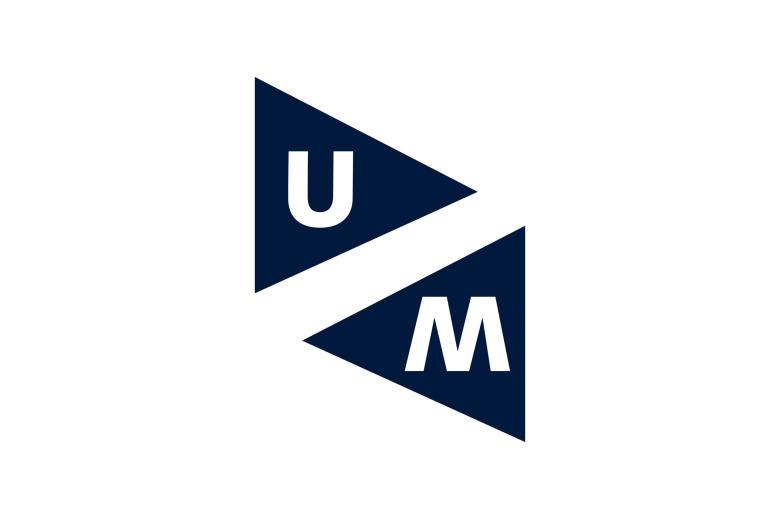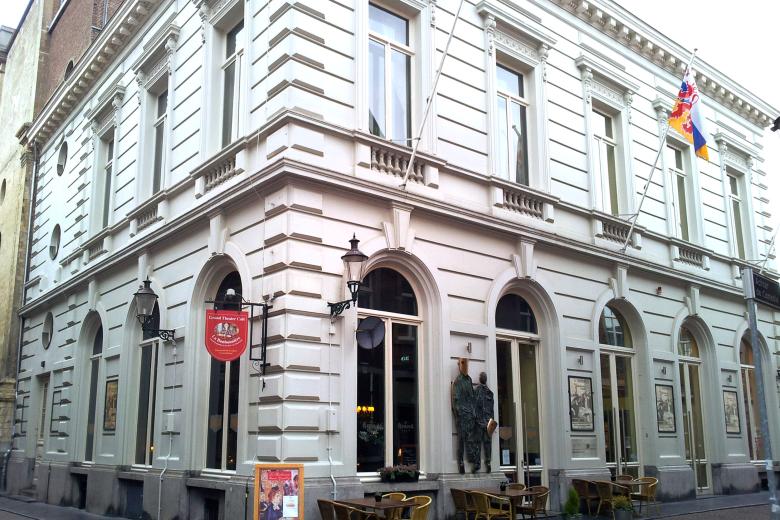Global Citizenship for Sustainable Development grant winners announced
We are proud to announce that three projects have received funding from the Global Citizenship for Sustainable Development network at Maastricht University.

We are proud to announce that three projects have received funding from the Global Citizenship for Sustainable Development network at Maastricht University.

What drives people to embrace radical conspiracy theories, sometimes with far-reaching consequences for society? During his inaugural lecture on Friday 27 June, Prof. Dr. Jan Willem van Prooijen (radicalisation, extremism, and conspiracy thinking) will address this urgent question.

Last night a UM building at the Bouillonstraat was daubed with paint and slogans. A sad expression of vandalism. UM has filed a report.

Niloofar Tahmasebi Birgani, assistant professor at the MERLN research institute, was born in southern Iran. It was only when she moved to the Netherlands in 2010 for her PhD research that she began cooking for herself. Instead of recipes, she uses intuition and memory to bring her mother’s and...

Several Maastricht institutions, including Maastricht Universit, are collaborating with the municipality of Maastricht to explore new possibilities for the Bonbonnière, the city’s former theatre. This is the result of an initial meeting between a number of local organisations.

On 4 July 2025, the Globalisation & Law Network had the pleasure of welcoming Dr Rodrigo Vallejo Garretón, Assistant Professor in Private Law at the University of Amsterdam.

The increased Englishization of higher education is under discussion in several European countries. What does a balanced language policy look like that does justice to both the increasingly international character of higher education and a country's language-related cultural identity? At an...

Fast forward to 2040: if you have ADHD or another psychological disorder, the doctor may no longer prescribe Ritalin or antidepressants, but instead a low dose of magic mushrooms, truffles or LSD. Associate professor Kim Kuypers is studying the use of psychedelics as potential medicines of the...

Valery Lemmens (GROW) conducts research on cancer, prevention, and how society is designed for making unhealthy choices.

In light of the recent graduation ceremony of our JMHPE (Joint Master of Health Professions Education) programme, we have asked two alumni to reflect on their experience with the programme. Omayma Hamed and Mariam Ibrahim give a valuable insight in their experience, but also reflect on the lessons...
